The Constitution, The Courts, and Conservatism
Explore the debates within conservative legal thought on the courts and the Constitution.
FEBRUARY 15 - FEBRUARY 17, 2019
Washington, DC
Two divergent tendencies are strikingly evident in American public discourse: the invocation of the right not to be offended, and the insistence on the right to say whatever one pleases. And it is clear that both of these tendencies are affirmed and, in fact, enabled by the Internet.
This weekend seminar will explore the political psychology of the Internet, its latent implications for our political associations, and its bearing on our understanding of law and the common good. Students will look at current controversies in tech and the political principles that intersect them: What responsibilities do tech companies like Facebook and Twitter have to protect constitutional values like free speech? To promote civil debate? Why does social media seem to encourage mob mentality, and how should we respond to the chilling effects of online harassment for freedom of thought and expression? And can we trust private companies like Google – with their own vision of the public good – to neutrally enforce standards and police speech? More importantly, can we trust ourselves to use this vastly powerful tool responsibly? What virtues are needed for the digital age?
Images courtesy Animated Heaven, Flickr | Pixabay
Adam J. White on free speech
This seminar will take place in Washington, DC. Travel, housing, meals, and course materials are provided by the Hertog Foundation.
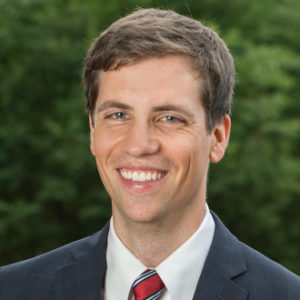
Antón Barba-Kay is Associate Professor of Philosophy in the School of Philosophy at the Catholic University of America in Washington, D.C. He is finishing a book on the political philosophy of the internet, which he began while a Visiting Fellow in the James Madison Program at Princeton University.

Antón Barba-Kay is Associate Professor of Philosophy in the School of Philosophy at the Catholic University of America in Washington, D.C. His academic work concerns 19th century continental philosophy, especially Hegel. His articles have appeared in Hegel-Studien, the Review of Metaphysics, and Journal of the History of Philosophy. In 2017-2018 he was a Visiting Fellow in the James Madison Program at Princeton University, where he began his forthcoming book on the political philosophy of the internet.
Barba-Kay received a BA from St. John’s College, a BA and MA from University of Cambridge, and an MA and PhD from the Committee on Social Thought at the University of Chicago.

Adam J. White is a Resident Scholar at the American Enterprise Institute, and an Assistant Professor at George Mason University’s Antonin Scalia Law School, where he also directs the Gray Center for the Study of the Administrative State at George Mason University’s Antonin Scalia Law School.

Adam J. White is a Resident Scholar at the American Enterprise Institute, and an Assistant Professor at George Mason University’s Antonin Scalia Law School, where he also directs the Gray Center for the Study of the Administrative State at George Mason University’s Antonin Scalia Law School. He writes widely on the administrative state, the Supreme Court, the Constitution, and regulatory policy, with special focus on energy policy and financial regulation.
He is a Contributing Editor with National Affairs, The New Atlantis, and City Journal, and a contributor to the Yale Journal on Regulation‘s blog, “Notice and Comment.” He was recently appointed to the Administrative Conference of the United States, a federal advisory board focused on improving federal agencies’ practices. He also serves on the leadership council of the American Bar Association’s Administrative Law Section; on the executive committee of the Federalist Society’s Administrative Law Practice Group; and on the board of directors of LandCAN, a nonprofit organization dedicated to promoting conservation on working lands.
Prior to joining AEI, he was a Research Fellow at the Hoover Institution and an Adjunct Fellow at the Manhattan Institute. In addition to his research and writing, he practiced law with Boyden Gray & Associates, writing briefs on constitutional and regulatory issues in the Supreme Court and various other federal courts. (He continues to be “of counsel” to the firm in three pending cases involving the Consumer Financial Protection Bureau and the Federal Communications Commission.) Previously, he was a Senior Associate with Baker Botts, working on various constitutional and regulatory matters, including energy infrastructure regulation.
He received his J.D. (cum laude) from Harvard Law School, and his B.B.A. (economics) from the University of Iowa College of Business. He clerked for Judge David B. Sentelle of the U.S. Court of Appeals for the D.C. Circuit.
Jon Askonas
Jon Askonas is an Assistant Professor at Catholic University of America and works on the connections between the republican tradition, technology, and national security. He has a B.S. in International Politics from Georgetown University, a M.Phil. in International Relations from Oxford, and is a D.Phil. candidate at Oxford. His writing has appeared in Russian Analytical Digest, Triple Helix, Fare Forward, War on the Rocks, and the Texas National Security Review. Jon participated in the 2015 Advanced Institute “Lessons of the Iraq War.”
Readings:
Discussion Questions:
Readings:
Discussion Questions:
Helen Andrews
Helen Andrews is managing editor of the Washington Examiner. She was a 2017–18 Robert Novak Journalism Fellow and has worked as a think tank researcher. Her writing has appeared in First Things, The Hedgehog Review, American Affairs, and Spectator USA, among other publications. Helen is a former Associate Editor of National Review and holds a BA in Religious Studies from Yale University. Helen is an alum our Hertog’s 2018 Advanced Institute course: “Thucydides and the Peloponnesian War.”
Reading:
Readings:
Discussion Questions:
Reading:
Discussion Questions:
Reading:
Discussion Questions:
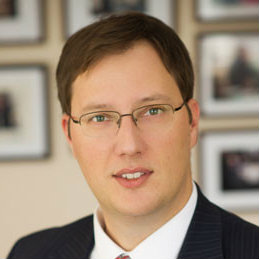
Adam J. White
Adam J. White is a Resident Scholar at the American Enterprise Institute, and an Assistant Professor at George Mason University’s Antonin Scalia Law School, where he also directs the Gray Center for the Study of the Administrative State at George Mason University’s Antonin Scalia Law School.
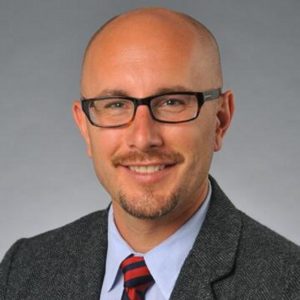
Daniel DiSalvo
Daniel DiSalvo is a Senior Fellow at the Manhattan Institute’s Center for State and Local Leadership and an Assistant Professor of Political Science at The City College of New York-CUNY. His scholarship focuses on American political parties, elections, labor unions, state government, and public policy.

Matthew Continetti
Matthew Continetti is resident fellow at the American Enterprise Institute, Prior to joining AEI, he was Editor in Chief of the Washington Free Beacon. His articles and reviews have appeared in The New York Times, The Wall Street Journal, and The Washington Post.
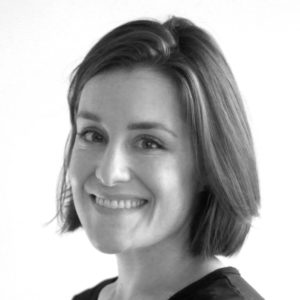
Mary Elizabeth Halper
Mary Elizabeth Halper is the Associate Director at the Hertog Foundation. She graduated with B.A.s in Philosophy and in Classics from the University of Dallas and has since been devoted to liberal education in various forms. She earned her Ph.D. in Philosophy from the Catholic University of America, where she defended a dissertation on the political philosophy of Plato’s Protagoras and Gorgias.

Diana Schaub
Diana J. Schaub is Professor of Political Science at Loyola University Maryland and a member of the Hoover Institution’s task force on The Virtues of a Free Society. From 2004 to 2009 she was a member of the President’s Council on Bioethics.
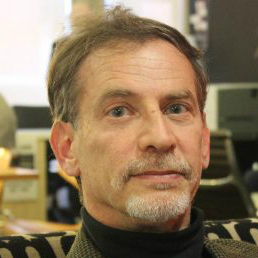
Darren Staloff
Darren Staloff is Professor of History at the City College of New York and the Graduate Center of the City University of New York. Professor Staloff has published numerous papers and reviews on the subject of early American history.
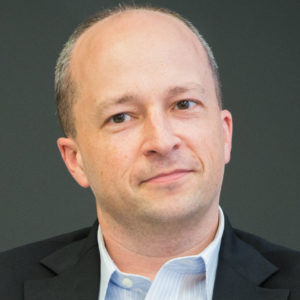
Yuval Levin
Yuval Levin is a Resident Scholar and Director of Social, Cultural, and Constitutional Studies at the American Enterprise Institute and the Editor of National Affairs magazine. Mr. Levin served on the White House domestic policy staff under President George W. Bush.